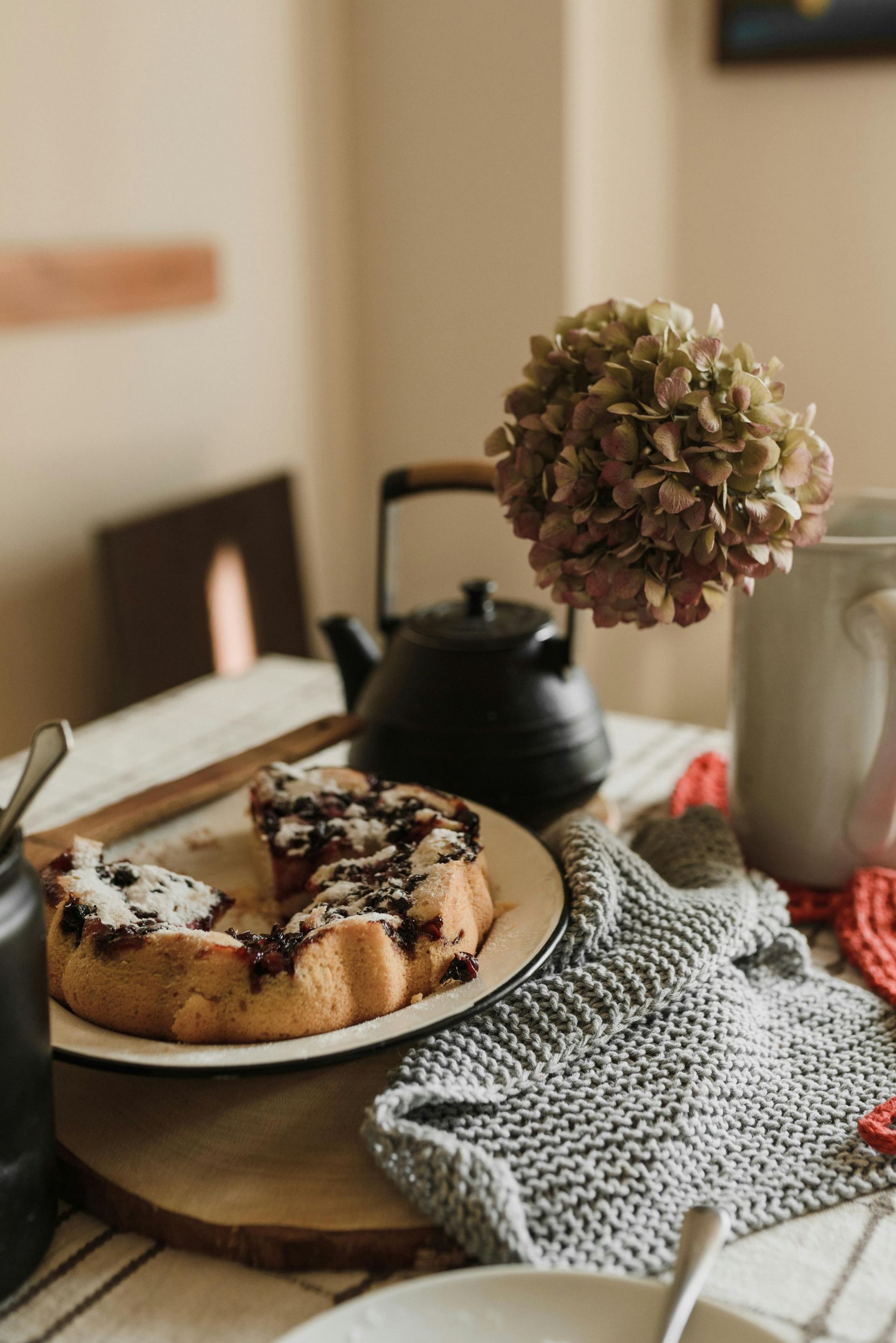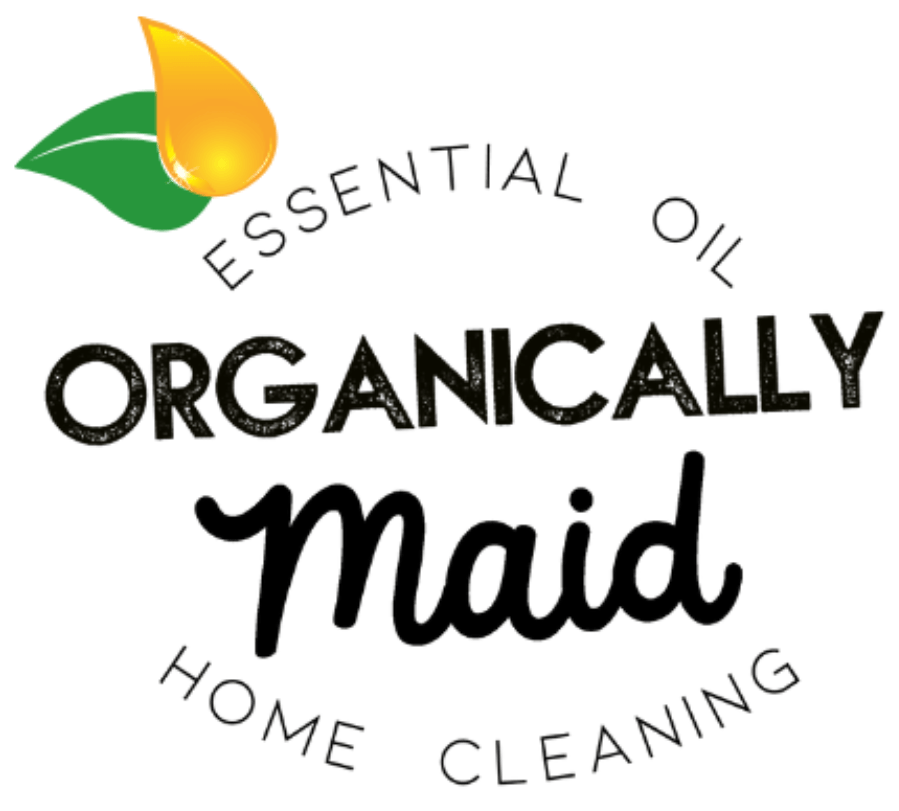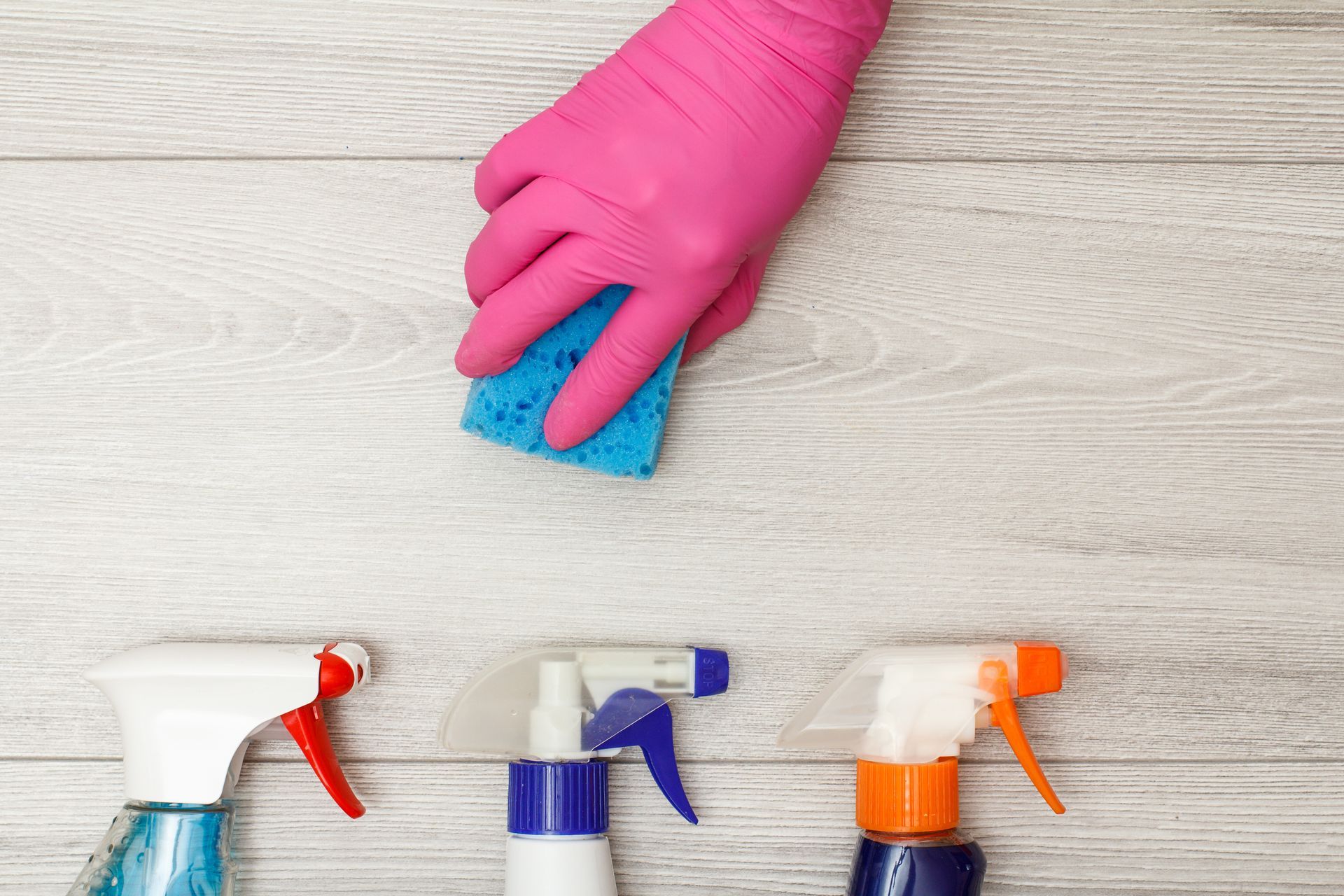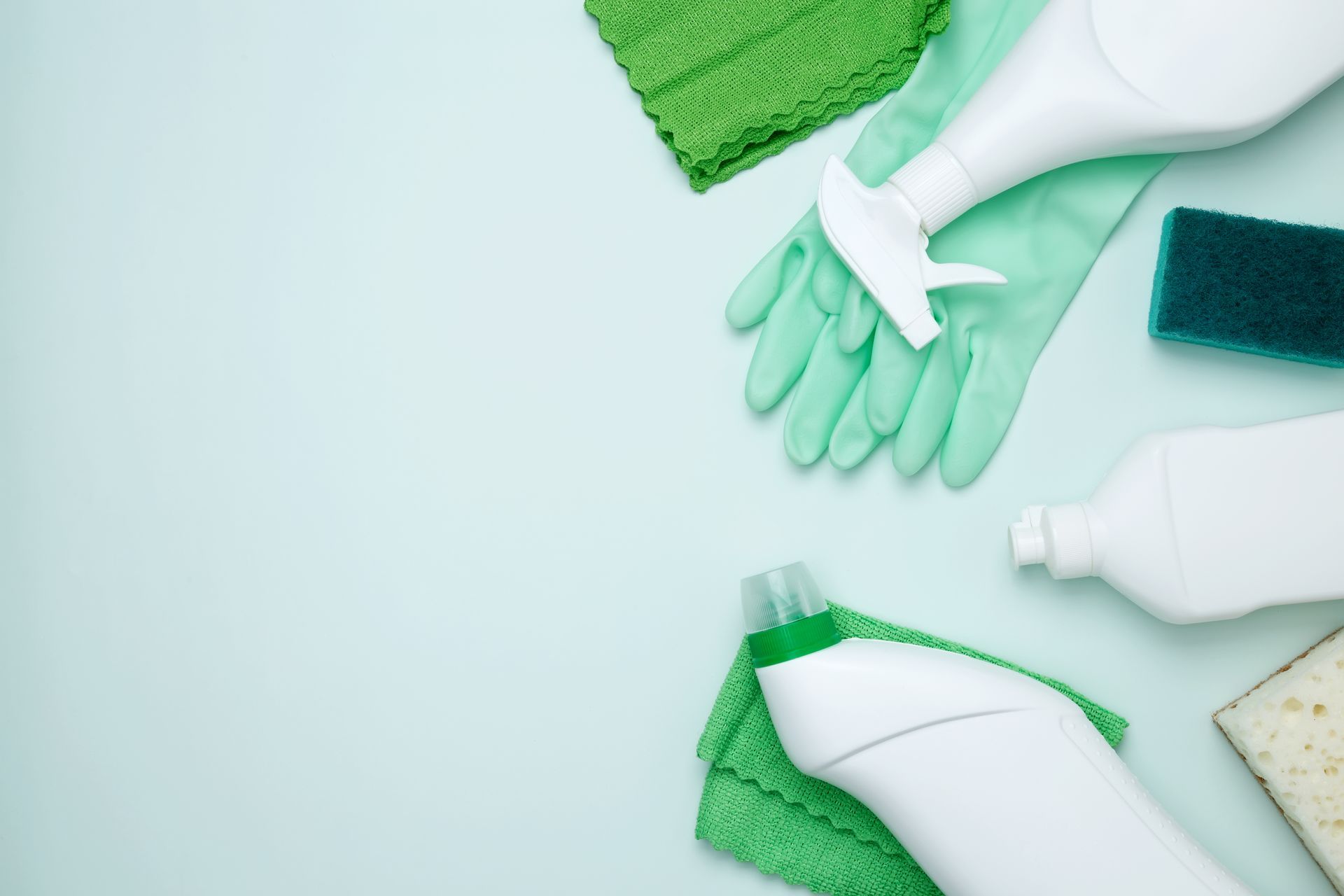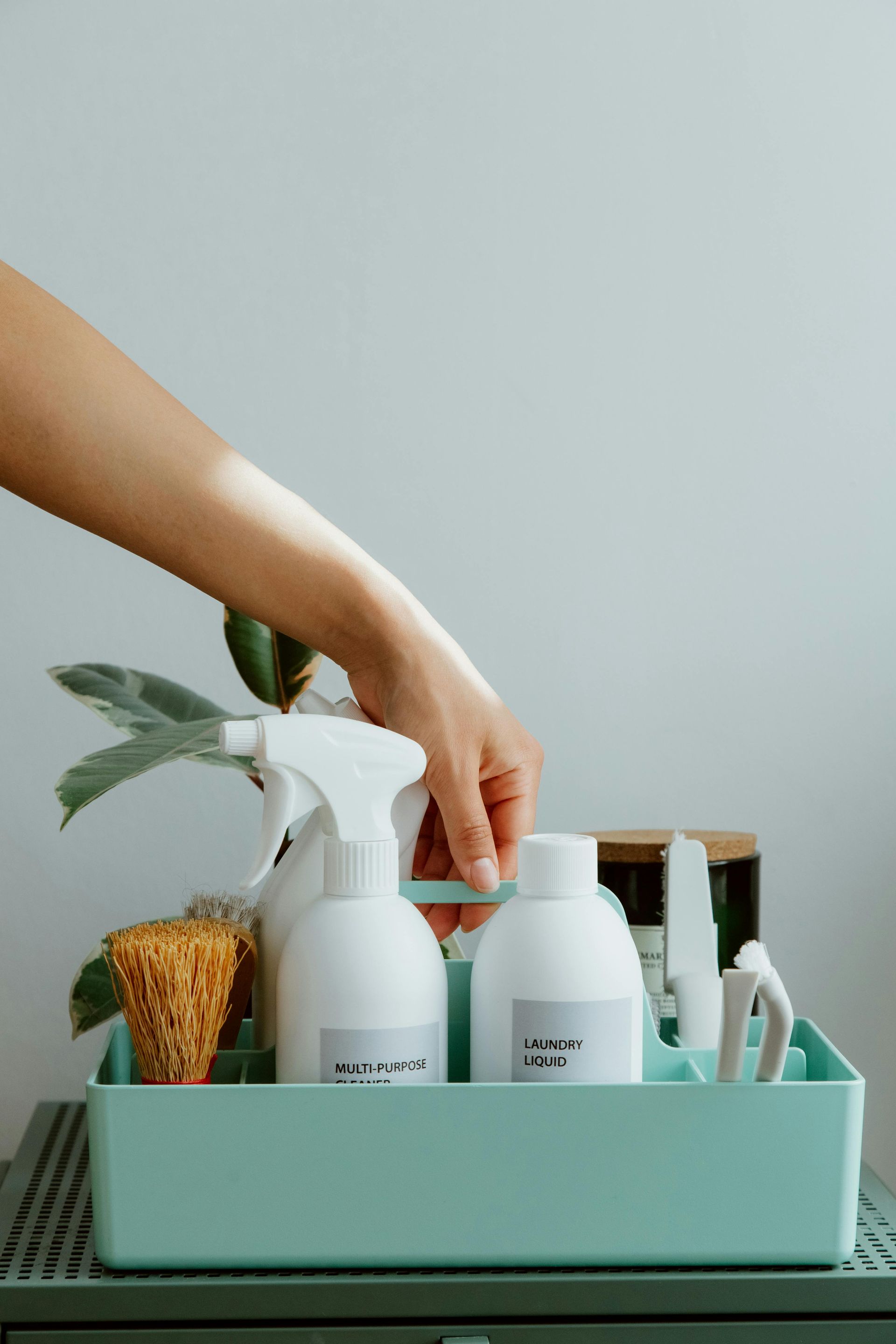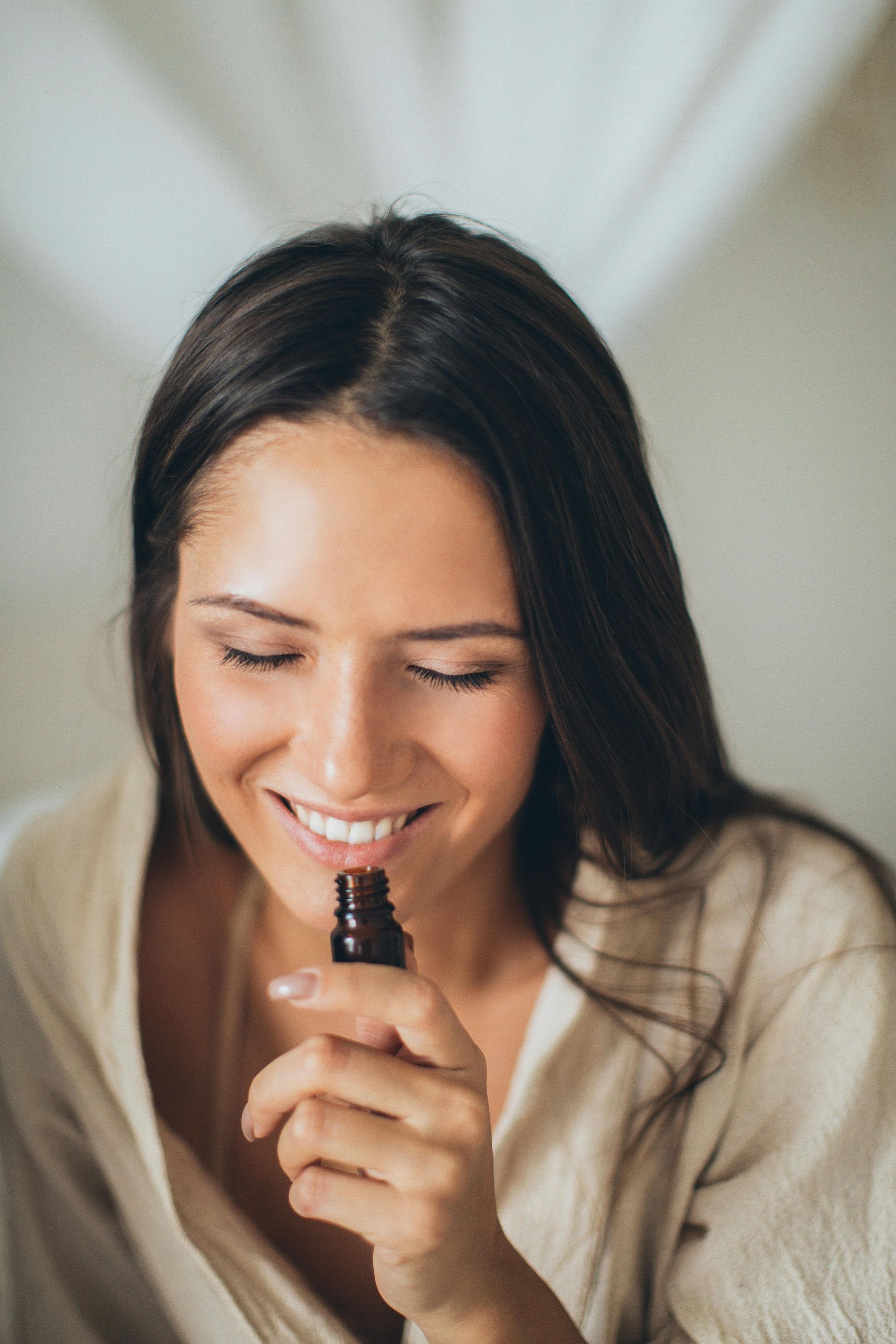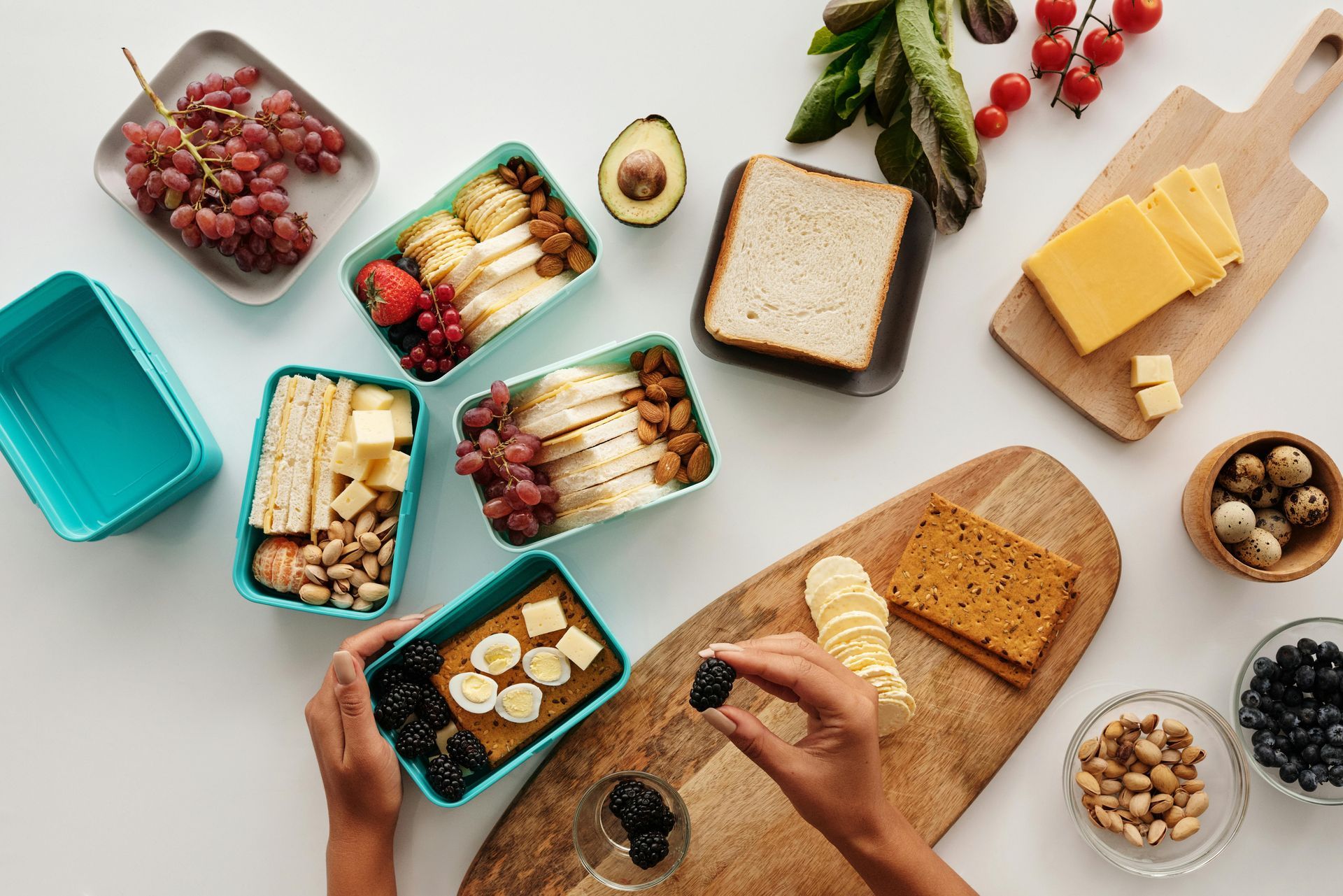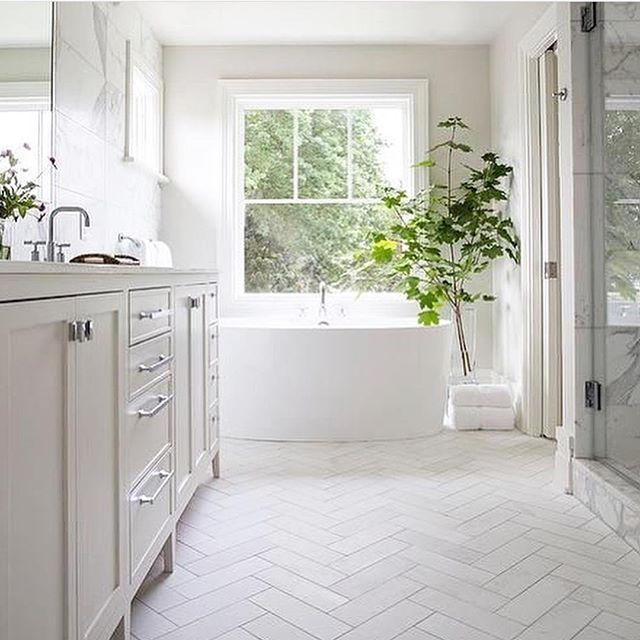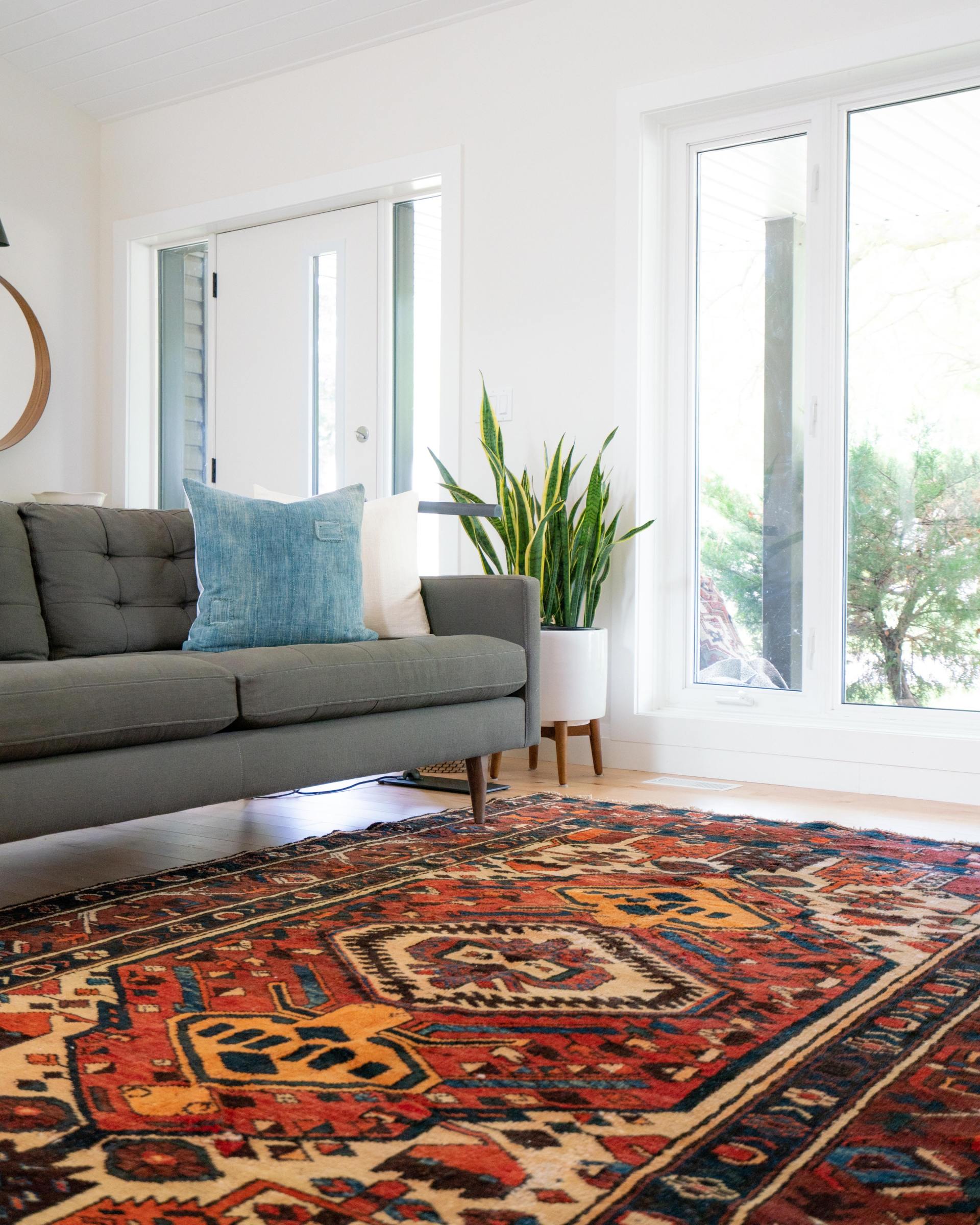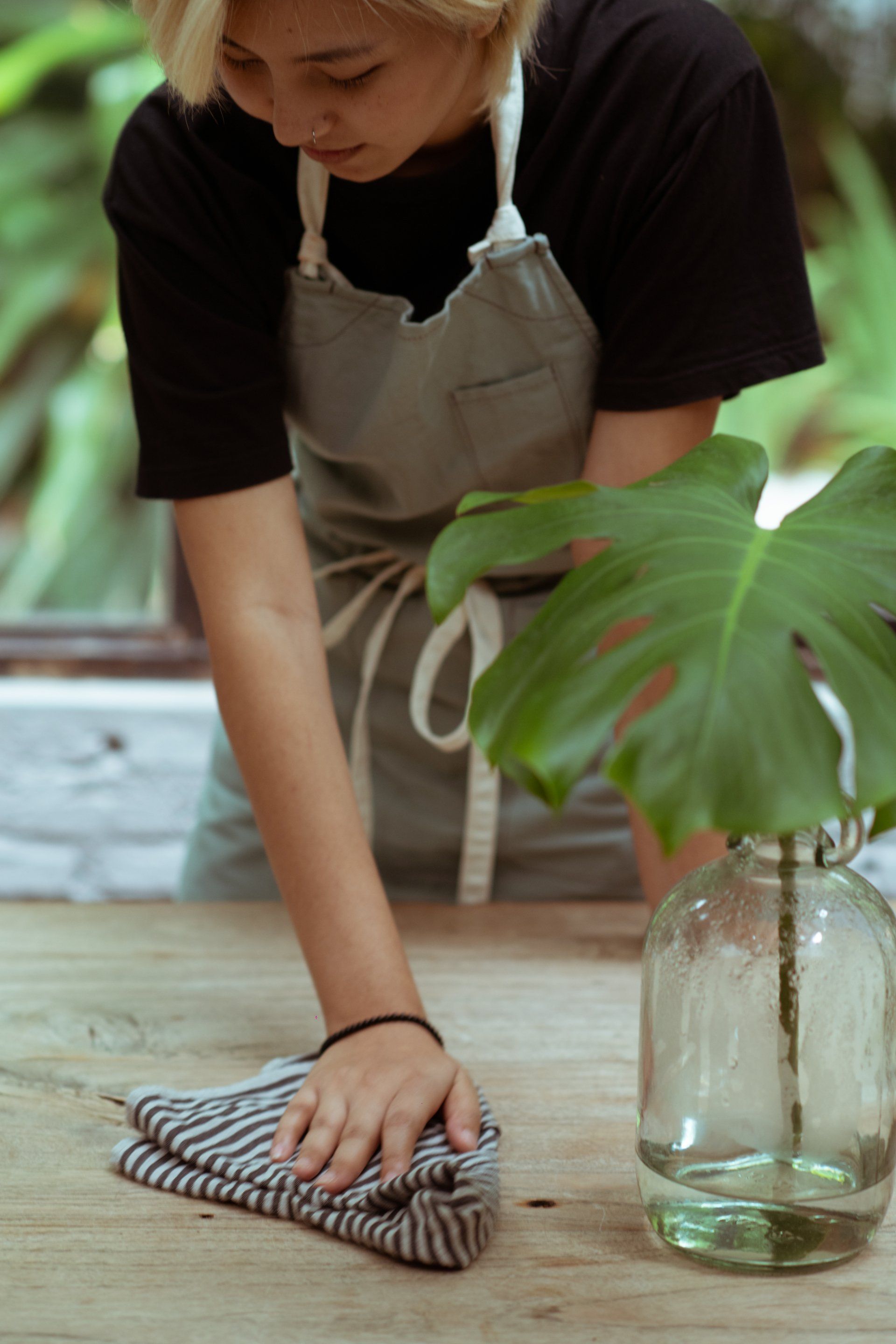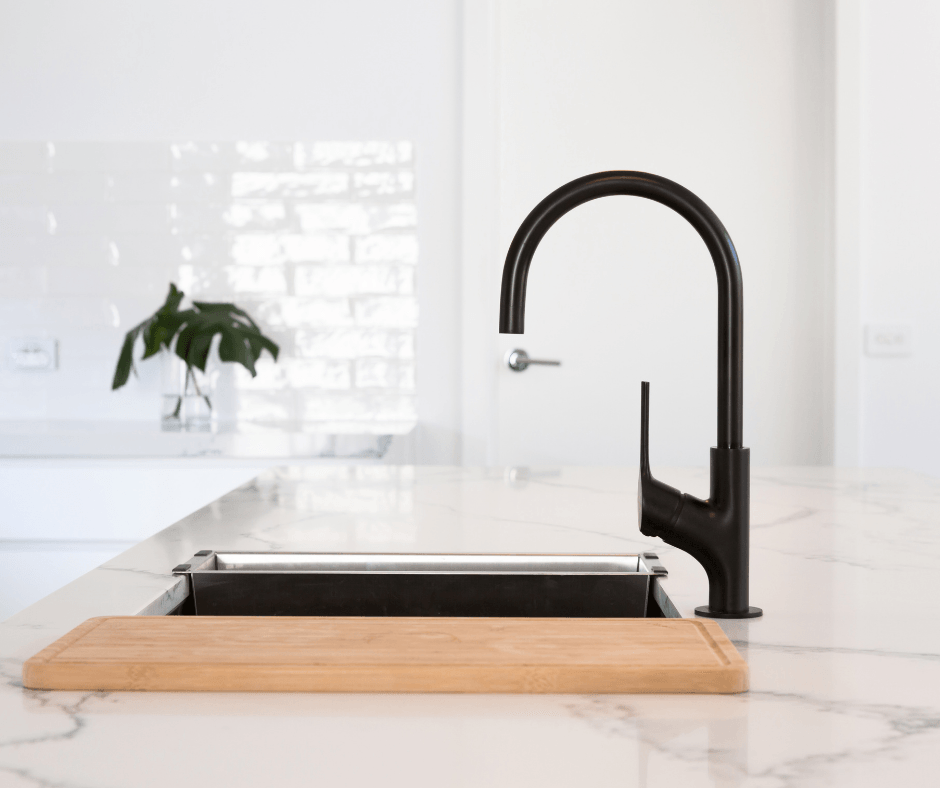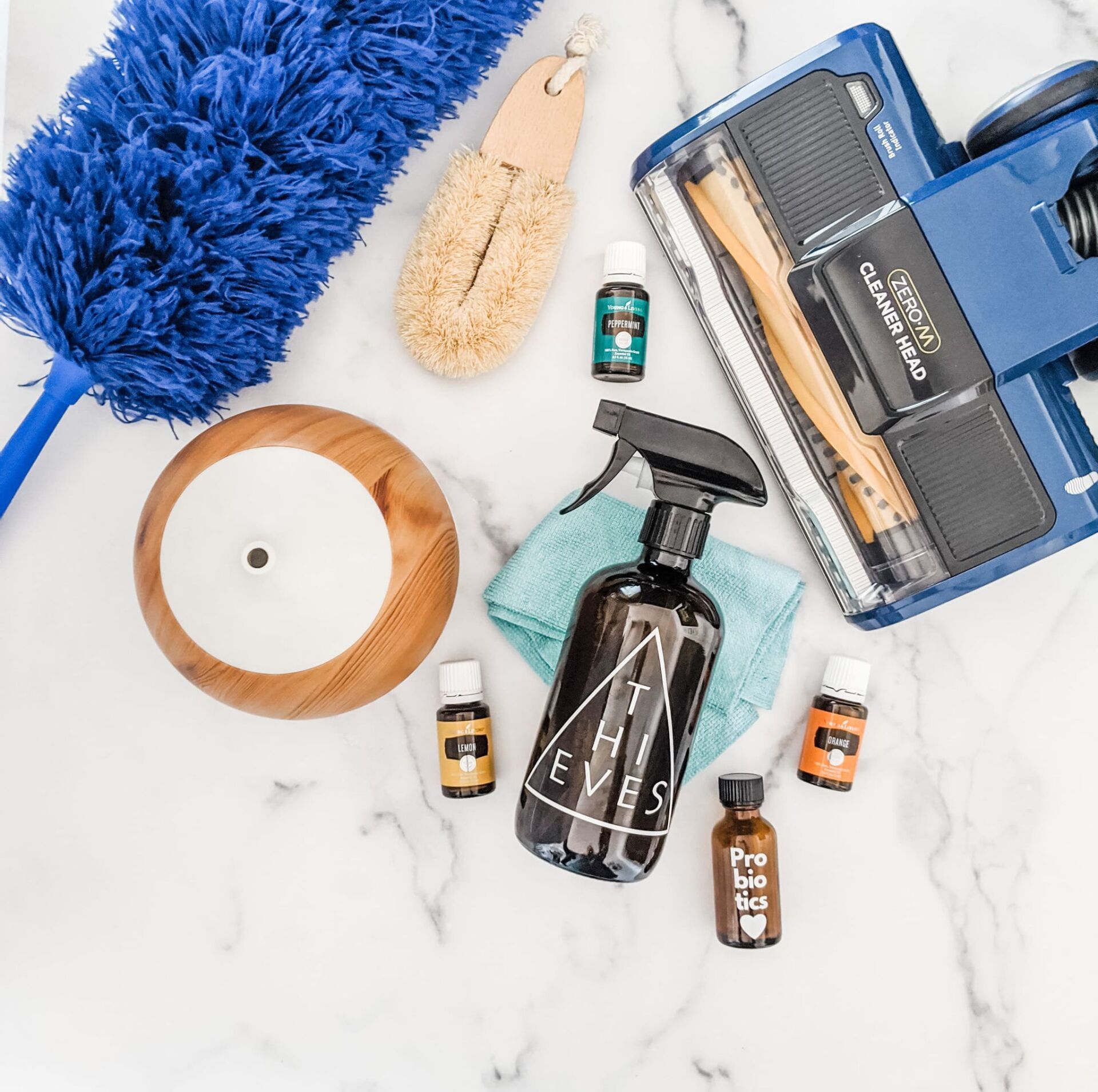Naturally Nurtured
How to Clean Plants and Reap the Health Benefits of Indoor Greenery
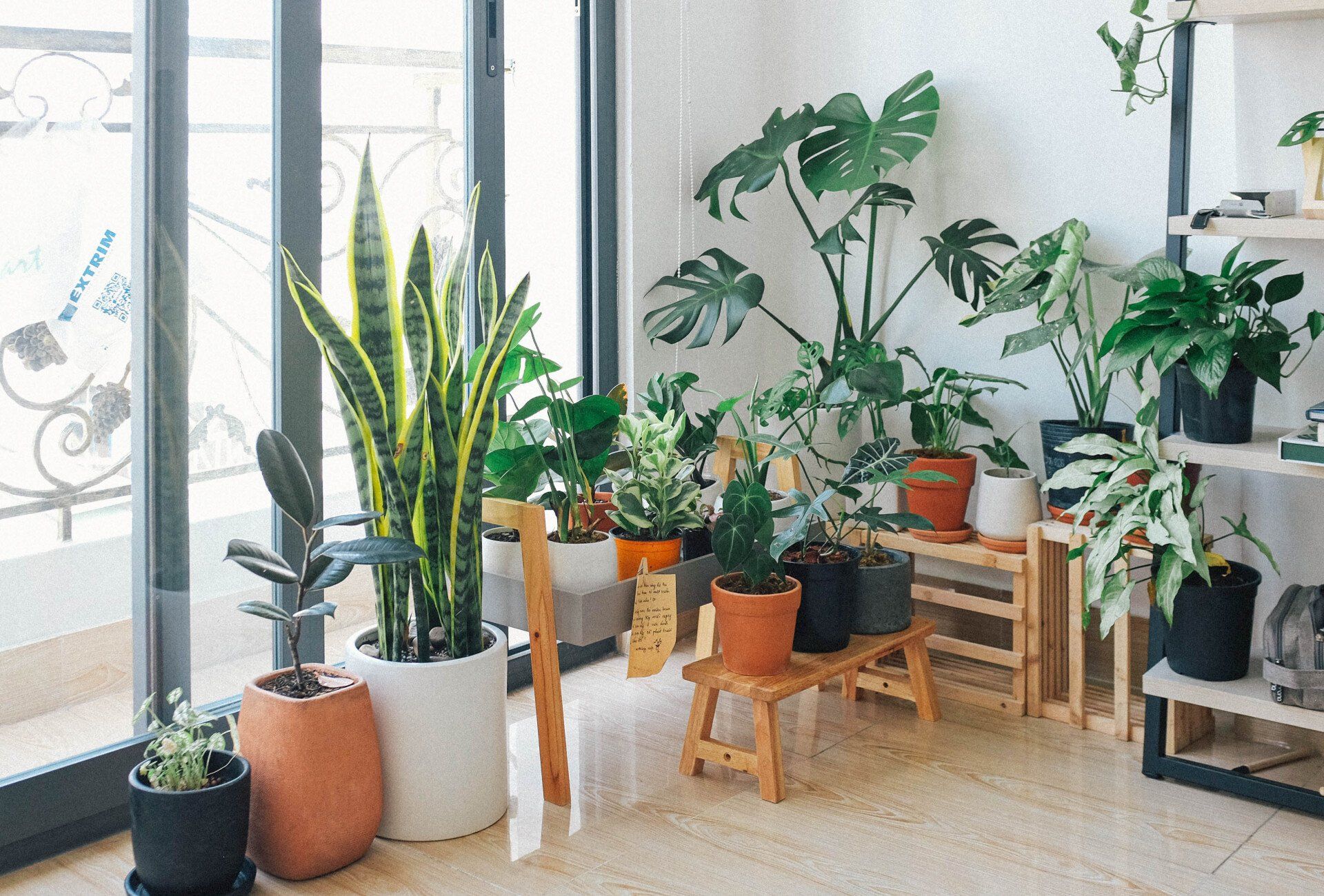
Indoor plants not only enhance the aesthetic appeal of our homes and offices but also provide a range of health benefits. To maintain the vitality of our green companions, it's important to keep them clean and free from dust, pests, and debris. In this post, we'll explore natural methods for cleaning plants and delve into the numerous health benefits they bring to our indoor spaces.
How to Naturally Clean Plants:
Dusting Leaves
Dust can accumulate on plant leaves, hindering their ability to photosynthesize and potentially attracting pests. To clean dust off plant leaves, follow these steps:
- Gently wipe the leaves with a soft, damp cloth or sponge.
- For plants with small or delicate leaves, use a soft-bristled paintbrush to brush away dust.
- Alternatively, place the plants in the shower and rinse them with lukewarm water. This method is particularly effective for larger plants or those with many leaves.
Removing Pests
Pests can infest indoor plants, compromising their health and appearance. To naturally remove pests, try the following methods:
- Neem Oil: Dilute neem oil according to the instructions and apply it to affected areas with a cotton swab or spray bottle. Neem oil is effective against common pests like aphids, mealybugs, and spider mites.
- Insecticidal Soap: Mix a mild solution of insecticidal soap and water. Spray the solution on the plants, targeting the affected areas. Insecticidal soap is safe for most plants and helps control pests like whiteflies and scale insects.
- Manual Removal: Inspect the plants regularly and manually remove pests, eggs, or larvae using tweezers or a soft cloth.
Health Benefits of Indoor Plants:
Improved Air Quality
Plants act as natural air purifiers, removing toxins and producing oxygen. They absorb harmful substances, such as volatile organic compounds (VOCs) and carbon dioxide, while releasing clean, oxygenated air. This leads to improved indoor air quality and can reduce the risk of respiratory issues and allergies.
Enhanced Mood and Productivity
Having plants in your home or office can boost mood, reduce stress, and enhance productivity. Research has shown that being in the presence of greenery can improve focus, creativity, and overall well-being. Plants have a calming effect, promote relaxation, and create a more pleasant and inviting atmosphere.
Natural Humidifiers
Plants release moisture through a process called transpiration. This natural humidification helps combat dry indoor air, particularly during winter months or in air-conditioned spaces. Adequate humidity can prevent dry skin, respiratory irritation, and other discomforts associated with low moisture levels.
Noise Reduction
Plants can act as natural sound absorbers, reducing background noise levels and creating a quieter environment. This can be especially beneficial in offices or homes located in busy areas or near highways.
Caring for our indoor plants goes beyond aesthetic appeal—it's about nurturing a healthier and more vibrant environment. By adopting natural cleaning methods for plants, such as dusting leaves and dealing with pests using neem oil or insecticidal soap, we can ensure their well-being. In return, indoor plants provide us with numerous health benefits, including improved air quality, enhanced mood and productivity, natural humidification, and noise reduction. So, embrace the presence of plants in your home or office, and let them thrive while they enrich your space and contribute to your well-being. In the Dallas-Fort Worth area? Organically Maid cleaning services can help keep your home or office sparkling naturally with organic and non-toxic cleaners and can save you time and energy! Contact us today for a free estimate.
Blog
